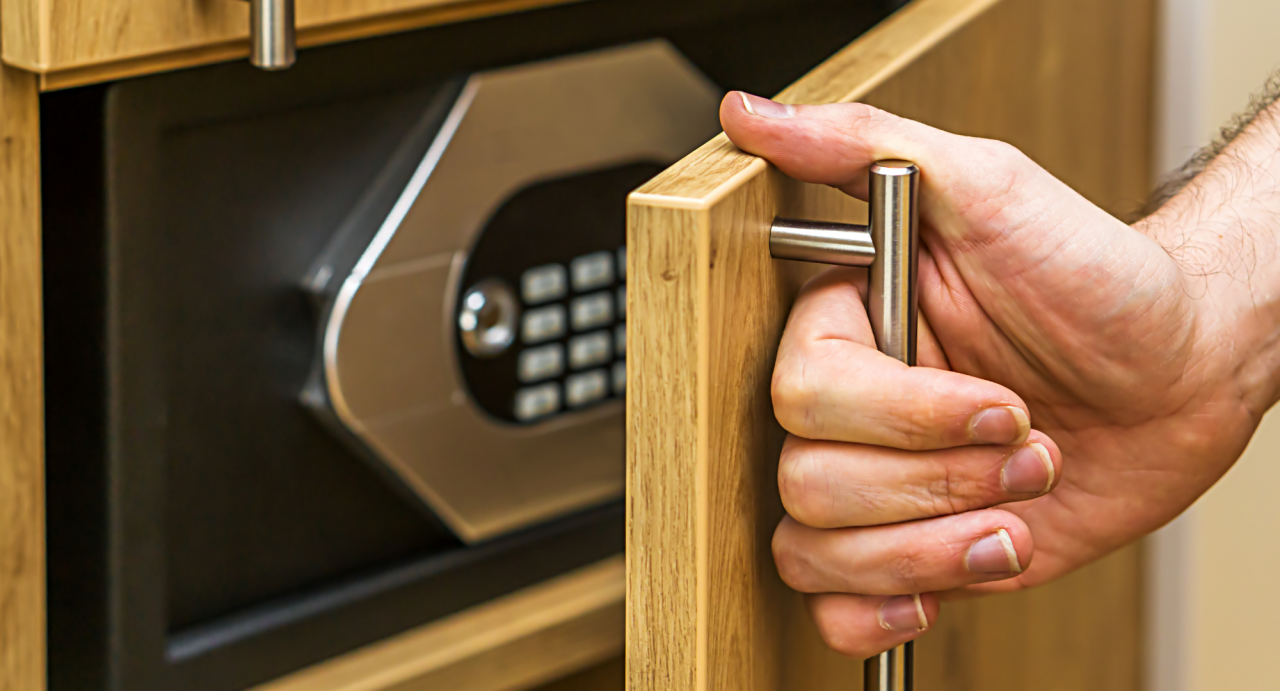Introduction
Car key issues can strike at the most inconvenient times, leaving you frustrated and stranded. Whether you’re running late for work or trying to attend an important appointment, a malfunctioning car key can disrupt your plans. In this comprehensive guide, we will explore various reasons why your car key may not be working and what you can do to address these issues effectively. If you find yourself in a situation where your car key isn’t working, stay informed, and discover how to troubleshoot these problems.
Types of Car Keys
To diagnose the root of your car key issue, it’s essential to understand the type of car key you have, as not all car keys are the same. Let’s take a closer look at the different types:
1. Traditional Car Keys
Traditional car keys, usually associated with older vehicles manufactured before 1995, are simple physical keys used to operate car door locks and ignition. They consist of a single piece of exposed metal and lack the advanced features of modern keys.
2. Transponder Car Keys
Introduced after 1995, transponder keys offer increased security by utilizing a transmitter embedded within the key, communicating with a receiver in the vehicle. This communication is essential for the car’s ignition to function. Transponder keys often have a plastic covering on the thumb-turn and are typically associated with more modern vehicles.
3. Keyless Entry Fobs
Modern cars often employ keyless entry systems, where key fobs resemble remote controls with buttons that trigger various car functions. These key fobs rely on electronic communication with the vehicle and are commonly found in vehicles with push-to-start ignitions.
Now, let’s delve into the various reasons why your car key might not be working, keeping in mind the type of key you have.
Common Reasons Your Car Key Isn’t Working
1. Damaged Car Lock
Signs of a damaged car lock:
- The keyway is blocked or obstructed.
- The key turns, but the lock doesn’t open.
Car door locks can become damaged due to dirt, debris, freezing in extreme temperatures, or impact from a collision. If you suspect a damaged lock, seek professional assistance from a locksmith or your car dealership to repair or replace the lock.
2. Damaged Key
Signs of a damaged car key:
- The key fails to open any lock or start the car.
- The key can open locks using alternative methods.
- A new key or a lightly used spare key functions properly.
Car keys, like any physical tool, are subject to wear and tear. Even if a key isn’t visibly broken, worn-down grooves can prevent it from matching the internal mechanisms of locks or the ignition. If your key is damaged, contact a locksmith for a proper car key replacement, especially if you have a transponder key.
3. Faulty Ignition Cylinder
Signs of a faulty ignition cylinder:
- The key opens the car door but fails to start the car.
- The immobilizer indicator light is illuminated.
A faulty ignition cylinder can cause issues with starting your car. Reach out to an automotive locksmith to diagnose and repair the ignition cylinder. They will advise whether a repair or replacement is necessary.
4. Worn Out Key Fob Batteries
Signs of worn-out key fob batteries:
- Key fob works inconsistently.
- Buttons on the key fob require multiple presses.
- Reduced key fob range.
If your key fob isn’t working correctly, it might be due to depleted batteries. Replace the batteries with the appropriate type as indicated in your vehicle’s owner’s manual. In case the issue persists, further troubleshooting may be required, addressing potential electronic problems.
5. Internal Damage to Key Fob/Keyless Entry Remote
Signs of internally damaged key fobs:
- Submersion in water or extreme pressure.
- Buttons no longer depress or are loose.
If your key fob experiences internal damage, it may no longer communicate effectively with your vehicle. Seek assistance from an automotive locksmith or your car dealership to repair or replace the key fob, addressing potential internal wiring issues.
6. Unprogrammed Car Keys
Signs that a car key has not been programmed:
- The immobilizer light activates when the key is inserted into the ignition.
- A key fob with new batteries fails to unlock/lock the car.
- The car’s battery has been recently changed.
Car key programming is crucial for transponder keys and keyless entry remotes. If your key is not working because it hasn’t been programmed, consult an automotive locksmith for proper programming to ensure it communicates with your car effectively.
7. Aftermarket Car Keys
Aftermarket car keys are often a cost-effective option for replacement keys. However, they may require additional programming and customization to work seamlessly with your vehicle. Ensure your aftermarket car key is correctly programmed and paired with your car to avoid issues.
Signs of a defective aftermarket car key:
- The key never worked.
- The new car key is visibly different from the original.
- The key cannot be programmed.
To avoid problems with aftermarket keys, work with a reputable locksmith who can provide key blanks specifically designed for your vehicle make and model. This ensures proper programming and cutting for a seamless solution.
8. Using Copied Keys
When creating duplicate car keys, it’s essential to remember that each duplication reduces the key’s fidelity. Copies of copies can result in keys that do not function like the original. If your car key isn’t working as expected, consider whether you might be using a duplicated key that has lost its effectiveness.
Signs you are using a poorly copied key:
- You have multiple copies of the same key.
- The key was not professionally copied.
- The new car key works worse than the original.
If you suspect a poorly copied key, consult an automotive locksmith to make a new key from your vehicle’s code, ensuring it matches the original key’s performance.
Final Thoughts
Car keys are vital tools for everyday life, and experiencing issues with them can be both frustrating and costly. By understanding the potential reasons for car key problems and how to address them, you can quickly diagnose and resolve issues. If you’re unsure of the cause of your car key problem, always seek the expertise of an automotive locksmith to avoid potential damage to your key, lock, or ignition. Stay informed and prepared to ensure your vehicle’s security and functionality.






